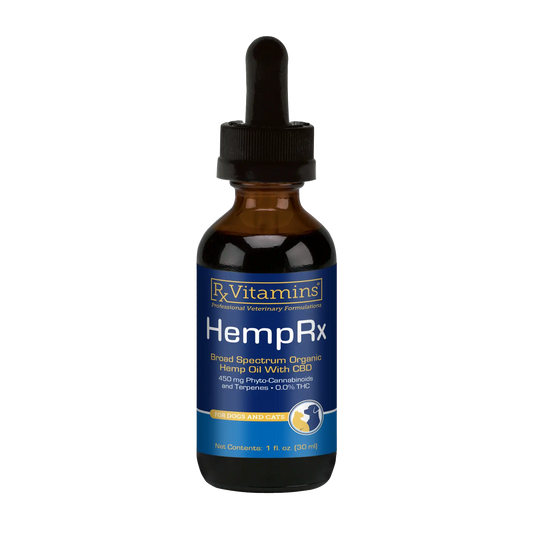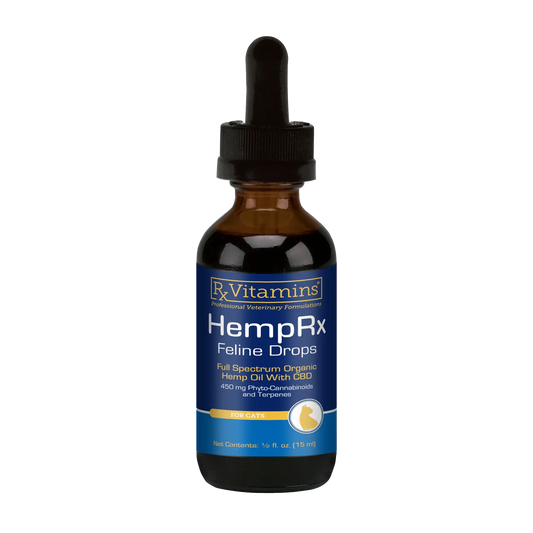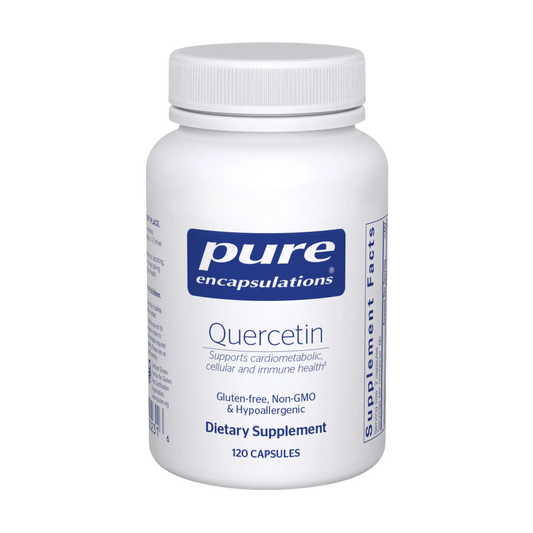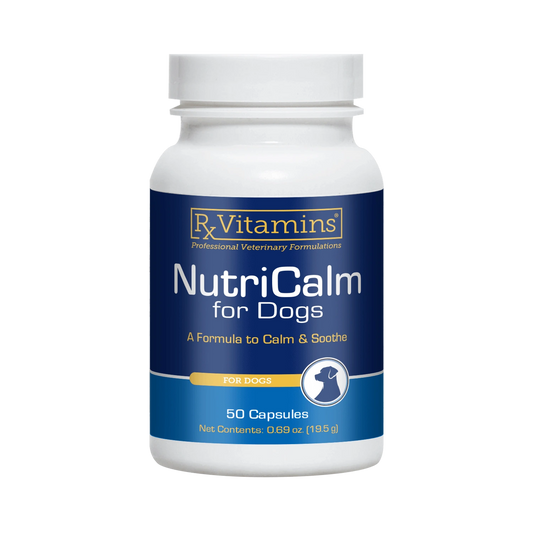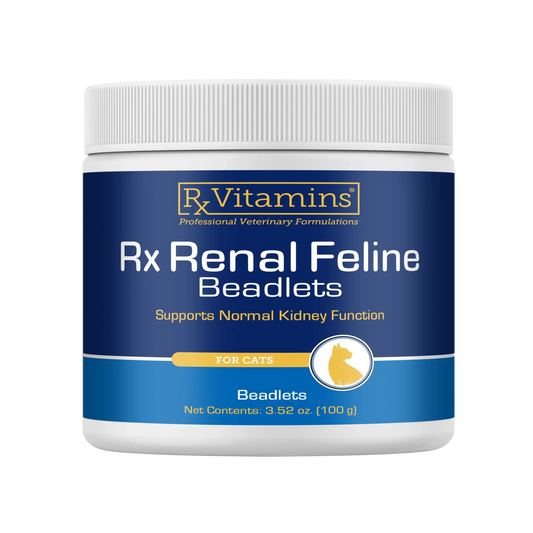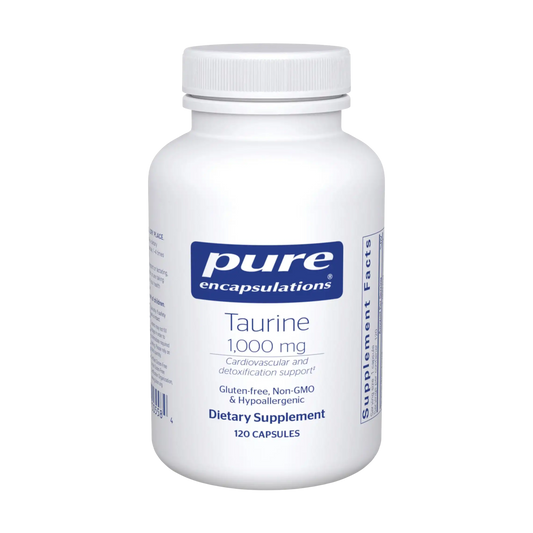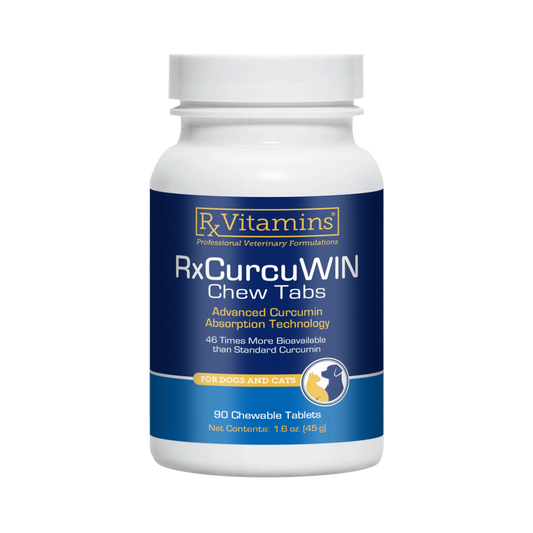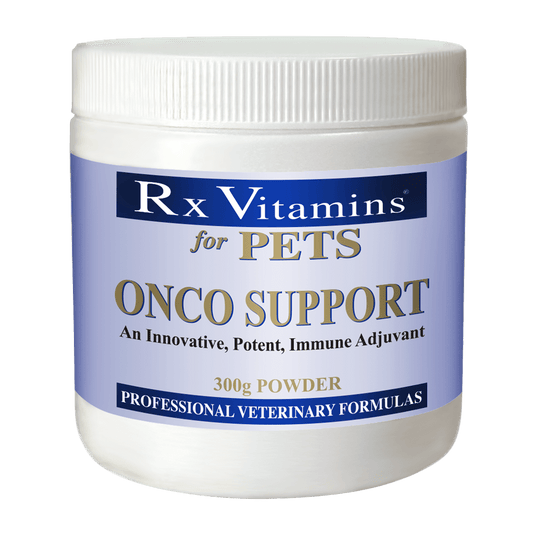Gut health is the foundation for everything. Good dog gut health aids in optimal digestion, reduces inflammation, boosts immune function, creates a balanced microbiome and so much more. Poor dog gut health often exacerbates common conditions such as diarrhea, allergies and other diseases. In this article, I want to teach you my holistic approach to improving dog gut health and digestion in dogs. These tips are simple and can be implemented at home, right now!
You may be wondering whether or not your dog has good (or bad) digestion. While some symptoms, such as the quality of your dog’s poop, can be really obvious, there are also subtle signs that can cue you into the status of your dog’s gut health.
Signs that your dog may be experiencing poor gut health include:
- Bad breath
- Poor quality of coat
- Itchy or other skin issues
- Vomit, diarrhea or constipation
- Appetite changes
Unfortunately, the above symptoms can be signs of other diseases and conditions, so it is important to stay in communication with your pup’s veterinarian to determine if other diagnostics or considerations should be made.
Below are FOUR tips for improving your dog’s gut health today:
Upgrade your dog’s food.
Food is medicine. While I am a big proponent of pharmaceutical interventions when needed, a quality diet is the cornerstone to health. Nothing really compares!
To improve dog gut health I will always recommend the least processed option when feeding your dog. This means ideally feeding a canned, home-cooked or raw food diet. For large or multi-dog households, or when on a tight budget, consider a meal rotation (e.g. one raw or soft food meal a day or every other day). Another option is adding in whole foods.
Whole foods your dog can eat include:
- Egg
- Sweet potato
- Carrots
- Shredded chicken
- Apple
- Berries
- Leafy greens
Always be sure to avoid xylitol (artificial sweetener sometimes found in peanut butter), chocolate, raisins/grapes, onions or macadamia nuts.
I offer more tips around saving money while feeding your dog a healthy diet here.
Identify food allergies.
Warning: This can become a giant rabbit hole!
My heart goes out to all of my patients with food allergies, and to their people. Identifying food allergies is often a very time-intensive and frustrating process. Food allergies not only affect your dog’s skin and coat, but also impact gut health. There are many ways to begin the process, and whether your pup has mild or severe allergies will likely dictate the direction you take.
A few approaches to identifying food allergies may include:
- Try a novel protein. Examples include kangaroo, catfish, rabbit, or venison.
- Try an amino acid diet. These prescription diets break down protein so much that the body cannot react to it. I often suggest a 4–6 week trial, extending to 14 weeks for gut healing before reintroducing foods. More on amino acid diets here.
- Limited ingredient diet. Usually one protein and one or two carb/fat sources, either purchased or homemade.
Add a quality probiotic.
Probiotics play an important role in balancing your dog’s gut flora. A balanced microbiome is key to optimal gut health.
My favorite probiotics for dogs include:
- Thorne Bacillus Coagulans (soil based)
- RxBiotics (non-soil based)
- Fermented blueberries (recipe here)
I always recommend rotating probiotics to continually introduce new strains.
Be smart with antibiotics.
Antibiotics can be a critical part of your dog’s treatment plan, but they can also wreak havoc on gut health and cause resistance. If you’re already feeding a quality diet, avoiding allergens and using probiotics, your pup will be better prepared for antibiotics.
Additional ways to be smart when using antibiotics:
- Culture. If infections aren’t resolving, culture samples to guide treatment and avoid resistance.
- Gut healing protocol. Use a gut healing protocol alongside or after antibiotics.
- Finish the prescribed course. Even if symptoms resolve early, complete the prescribed antibiotics unless directed otherwise by your vet.
Optimal health begins in the gut. Whether you're starting over with your adult dog, or just beginning with a puppy, I am proud of you for considering this fundamental component to your dog’s health. You are doing a great job!
Still need help? Comment below and ask away!
With love,
Dr. Angie



